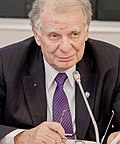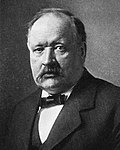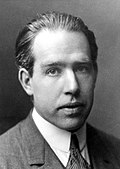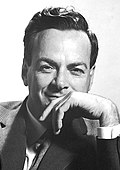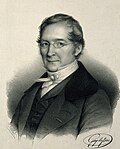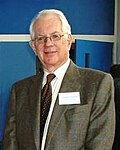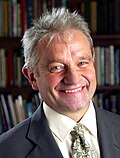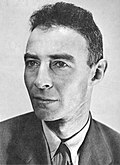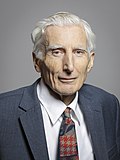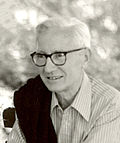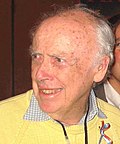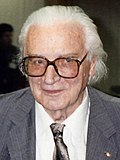This is a list of atheists in science and technology. A statement by a living person that he or she does not believe in God is not a sufficient criterion for inclusion in this list. Persons in this list are people (living or not) who both have publicly identified themselves as atheists and whose atheism is relevant to their notable activities or public life.
Contents
| Part of a series on |
| Atheism |
|---|
 |
| Part of a series on |
| Irreligion |
|---|
